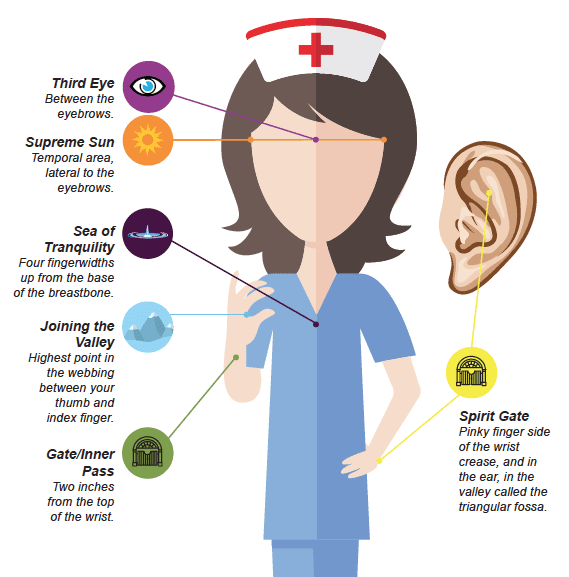Nurses are far more effective when they maintain solid physical, mental and spiritual health. Unfortunately, because these professionals are so passionate about caring for others, they often neglect their own needs. Whether you currently work in a holistic nursing field already or hope to one day, you can benefit from adopting these self-care regimens, which will keep you in peak condition:
Incorporate Aromatherapy into Your Daily Life
Ancient cultures from all over the world have used various forms of aromatherapy ranging from the burning of incense to extracting oils from various plants, herbs and flowers. These ancestors understood the aromas and healing properties of essential oils. Generally, aromatherapy can be applied in three ways: direct application to the skin, inhalation, and internal consumption. In all three scenarios, the properties of the essential oils, which constitute “aromatherapy”, travel through the body and eventually to the brain, where they have both physiological and psychological effects.
There are several ways to use aromatherapy:
- Diffusers
- Acupressure points
- Space spray
- Eye pillow
- Cotton ball
Acupressure for Common Ailments: Stimulate your Body’s Natural Abilities to Cure Itself
The ancient Chinese healing art of acupressure is similar to acupuncture, but instead of applying needles to certain points on the body, the technique uses finger pressure on these points. Like acupuncture, applying pressure to specific points of the body draws on the body’s natural abilities to cure itself. The pressure promotes blood flow, releases muscular tension, and engages the body’s own life force to soothe and heal. Acupressure can relieve tension, aches and pains, arthritis, even menstrual cramps. It can also help relieve the symptoms of insomnia, depression, toothache, dizziness, digestive disorders, nausea, morning, and motion sickness.
Chinese medicine has mapped out points of meridian pathways on the human body. Some points relate to a specific body part, others are more general. When these points are stimulated by hand and finger massage, they encourage the body to combat illness. Much like a regular massage, acupressure massage uses the finger or thumb, and sometimes a blunt object. Motions are quick and circular and applied with a medium amount of pressure. Massages last between five and 15 minutes.
Meditation, Yoga, and Energy
These are just a few of the easily accessible ways to take care of yourself. You can also learn how to perform body scan meditation, practice basic yoga, improve your energetic hygiene, and more.
Check out Pacific’s Holistic Nursing Programs
Featured Posts:
- 10 Ways to Deal with Long Shifts When You’re a Nurse
- Holistic Nursing: The Bridge Between East and West
- 5 Reasons Holistic Nursing is the Future of Healthcare
- Pacific College Launches Online Master’s of Science in Holistic Nursing!
- MJ News Network Publishes Program Director Timothy Byars’ Opinion on Cannabis Education

